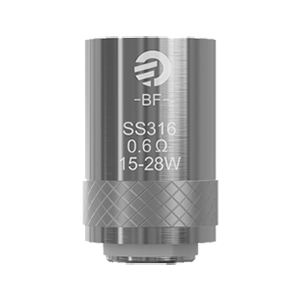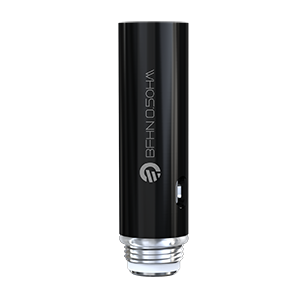E-cigarette trial seeks smokers
<div class="col-xs-12 col-sm-12 col-md-12 col-lg-12 div_news_02"><p> <strong>By RUTH HILL - The Dominion Post | Thursday, 10 January 2008<br /> An electronic cigarette that gives smokers their nicotine hit without the other harmful ingredients in tobacco smoke might help them beat their addiction, scientists say.</strong></p> <p> Auckland University researchers are recruiting 48 smokers who want to quit to take part in a world-first trial of the "e-cigarette".</p> <p> Hayden McRobbie, from the university's clinical trials research unit, said the e-cigarette, which is sold over the Internet by a Chinese company for $200, is marketed at present as an alternative to smoking rather than a tool to stop smoking.</p> <p> "But we think it might actually prove more effective than currently available nicotine-replacement treatments, such as patches and gum, because smoking is not just a chemical addiction - it's behavioural."</p> <p> The device is "smoked" like a normal cigarette, and even glows at the tip when the smoker draws on it.</p> <p> A vaporiser device delivers a measured dose of nicotine in a mist.</p> <p> "Ex-smokers often say they miss the ritual of smoking; the e-cigarette gives them something to do with their hands."</p> <p> Dr McRobbie said the "quit or die" message was not working for many smokers, who knew the dangers but were powerless against their craving.</p> <p> "We need to look at alternatives to help people. While nicotine is the addictive ingredient in cigarettes, it's the tars, carbon monoxide and other chemicals, that cause heart and lung diseases and kills 4500 New Zealanders each year."</p> <p> Researchers hope to have the study completed by March.</p> <p> Meanwhile, another research project - a joint study with the Auckland University of Technology - will examine smokers' signature "rasps", and whether they improve after quitting.</p> <p> While that husky, gravelly sound is beloved by aficionados of blues music, many smokers hate the way smoking deepens and thickens their voices.</p> <p> "If researchers can detect a change in voice quality, they may also be able to use this technology to monitor the outcome of stop-smoking studies, making it easier to test new ways to help smokers quit."</p> </div>

































